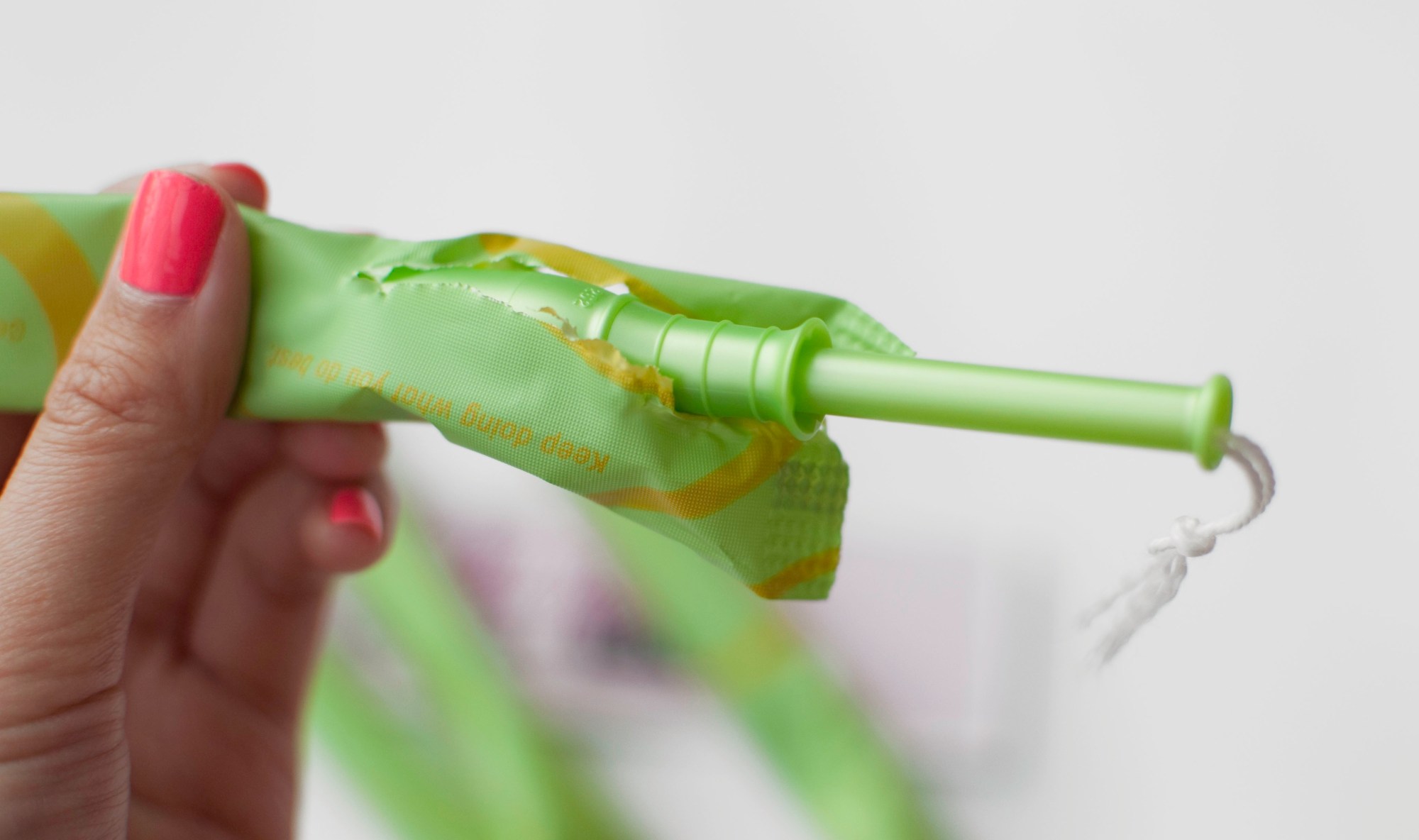Period poverty is a huge and largely hidden problem in the UK — last year alone, more than 137,000 girls missed school because they didn’t have access to sanitary products, with up to one in 10 girls aged 14 to 21 unable to afford them. In Scotland, a new scheme to tackle the problem has been hugely successful, and women across the country from low income households will now receive sanitary products for free in an effort to eliminate period poverty.
The scheme, a collaboration between the Scottish government and charity FareShare, was piloted in Aberdeen last year and found that two thirds of people who took part had experienced difficulties accessing sanitary products in the past. It aims to reduce the anxiety that comes with not having money for these essential items, with distribution centres in Aberdeen, Dundee, Glasgow and Edinburgh.
Alongside providing pads, tampons and more sustainable reusable products like cups, the initiative will provide training and education sessions to community workers. From August, Scotland will go even further in the fight against period poverty, becoming the first national government to make menstrual hygiene products available to students at school, college or university.
While the initiative is undoubtedly a step in the right direction, it leaves the rest of the UK lagging behing Scotland when it comes to addressing an issue which affects thousands of women and young girls. Charities like Bloody Good Period, which provides free sanitary products to asylum seeker drop in centres and food banks in London and across the UK, are an amazing resource, but without proper government backing they’ll still fail to reach the women who need them the most.
It’s what led Labour Welsh Assembly Member Jenny Rathbone to brand the UK’s response to period poverty an “abosolute disgrace”. “We are the sixth largest economy in the world and we’re in this situation.” she said. It’s up to the government now, in Wales, England and Northern Ireland, to follow Scotland’s lead and continue raising awareness for this hidden problem, or risk falling behind.
In a statement Equalities Secretary Angela Constance said: “The pilot in Aberdeen helped us to understand the barriers some people face. It is unacceptable that anyone in Scotland should be unable to access sanitary products.”
Gillian Kynoch, head of Fareshare in Scotland added: “This is an issue that has gone unheeded for too long.”
